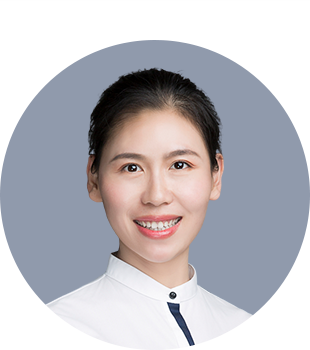Nanotechnology & materials
Qian Chen
Improving the objective response rate and reduce immune-related adverse events of cancer immunotherapy.

Korea
Kangyong Lee
The world’s first electronic self-cleaning technology for optical sensors of autonomous vehicles.

China
Yude Su
Introduced a new de novo approach to encapsulate biocatalysts into synthetic matrixes.ctro- and ph.

Asia Pacific
Ji Chen
Full quantum computational simulation methods to provide theoretical perspectives to provide simulation algorithms to solve complex processes.

Asia Pacific
Tan Yu Jun
Self-heal materials to reduce the adverse effects brought on by the new development of electronics.
